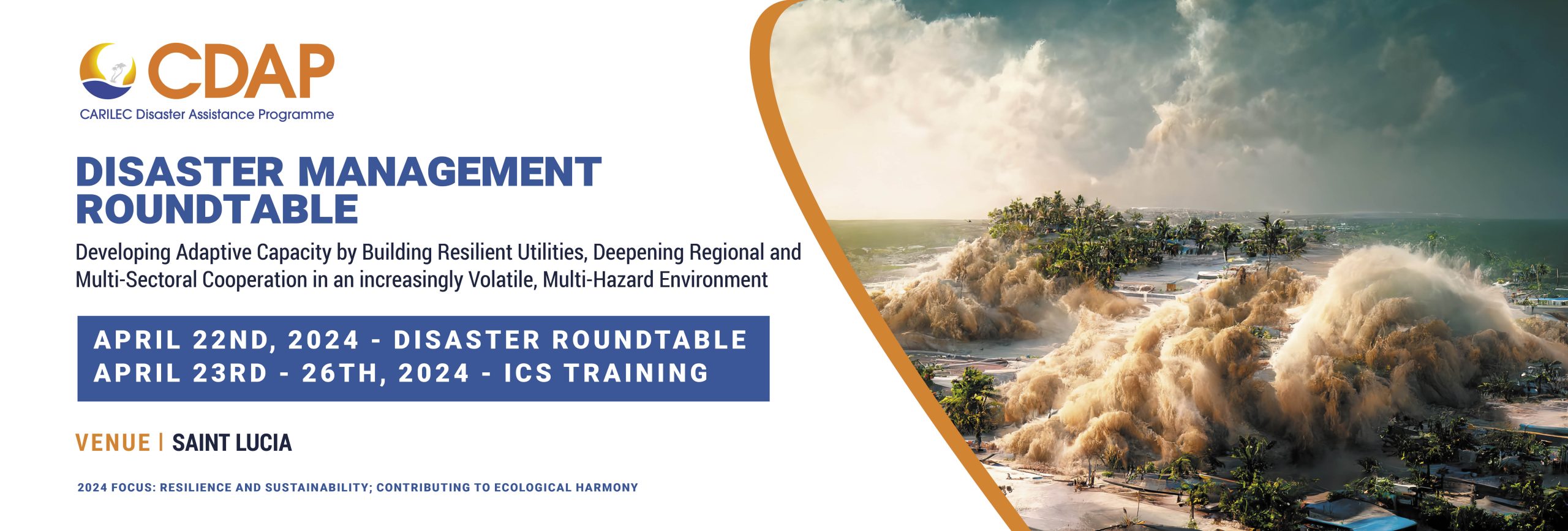In an era marked by rapid urbanization, climate change, and technological advancements, the resilience of utilities has become paramount. From natural disasters to cyber threats, utilities must navigate a complex landscape to ensure uninterrupted service delivery. Building resilient utilities is not merely a matter of infrastructure; it requires a holistic approach encompassing technology, emergency and crisis response, governance, and community engagement.
One of the primary challenges to utility resilience is the increasing frequency and severity of natural disasters. Hurricanes, floods, wildfires, and earthquakes pose significant threats to infrastructural integrity, often leading to service disruptions. To mitigate these risks, utilities must adopt robust infrastructural designs that can withstand extreme weather events. This includes reinforcing power lines, upgrading water treatment facilities, and implementing flood protection measures.
In building resilient utilities, fostering collaboration between public and private stakeholders encourages innovation and resource sharing, thereby strengthening the collective resilience of utilities. This collaboration is also pivotal on a regional and multi-sectoral level, with each entity contributing towards overall resiliency and sustainability, while managing the aftermath of a multi-hazard.
In so doing, adaptive capacity can be achieved, thereby enabling greater efficiency in managing such emergency situations. Adaptive capacity refers to the ability of individuals, organizations, communities, or systems to adjust to changing circumstances, withstand disruptions, and effectively respond to challenges or shocks. It encompasses the resilience and flexibility necessary to cope with unexpected events, uncertainty, and dynamic environments.
CARILEC, being cognizant of the increasingly volatile and multi-hazard within which its member utilities currently operate, has chosen the theme, ‘Developing Adaptive Capacity: Building Resilient Utilities and Deepening Regional and Multi-Sectoral Cooperation in an Increasingly Volatile, Multi-Hazard Environment’ for this year’s Disaster Management Roundtable.
This event will particularly provide insight on how electric utilities can collaborate with national and governmental agencies to provide a more efficient emergency response service after a disaster. It will also focus on the challenges faced in disaster and emergency response during the 2023 Atlantic Hurricane Season, while offering possible solutions to such difficulties, including an emphasis on knowledge sharing and training. This year’s Roundtable will also feature a four (4)-day training component which will focus on Incident Command Systems (ICS). Register now to attend!

